The fascination with the human body knows no bounds and in this age of reality TV and minor celebrities, having an embarrassing health condition may well be your one chance of fame thanks to programs like Embarrassing Bodies; bringing you closer to the bits of human anatomy you never even knew existed! So for the end of 2012 here is a countdown of the top 6 most embarrassing health issues.
6. Urinary Incontinence
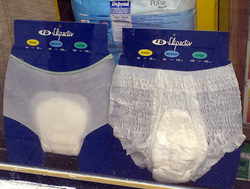
This is no longer just confined to the elderly and pregnant women. Anyone can suffer from incontinence but just be too embarrassed to go to their doctor for treatment. Channel 4 estimates that around 3-6 million people suffer from this condition, both men and women. Treatment includes pelvic floor exercises, surgery or even electrical stimulation of the pelvis. Shocking!
5. Stretch Marks
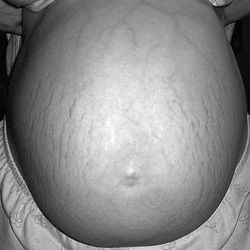
This is where skin is pulled due to rapid weight gain or pregnancy. Stretch marks in pregnant women can boil down to genetic make-up but unfortunately once you have stretch marks you can't get rid of them easily. Moisturisers may help as will safe exposure to the sun and some make-up products. Laser treatment is another option.
4. Bad Breath
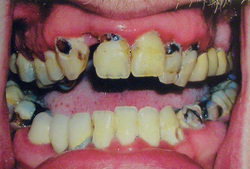
We've all been repelled by someone with severe bad breath but have any of us had the guts to tell them? Well you'd be doing them a favour as it's a common complaint that goes largely noticed by the affected person (if you don't count people fainting around them). Halitosis can be down to decaying teeth but may also be associated with drinking, smoking or an underlying infection. Gargling with mouth wash should help combat the problem as well as improving your oral hygiene.
3. Gynaecomastia (Man boobs)

Yes moobs as they are known can be very embarrassing for men and it's not just obese men who suffer from them, sometimes it can be a hormonal dysfunction. Other causes include puberty, alcohol, medication and a health abnormality. Treatment for the most severe cases can include breast reduction surgery or hormonal medication.
2. Erectile Dysfunction

You may be in the mood for a bit of loving but no-one's told your penis. Erectile dysfunction is still just as embarrassing and just as common as it always was; in fact most men suffer from this at least once in their lives. The main issue is if the problem is long-term and you are tempted to click on those emails you get in your junk mail. Luckily there are treatments that are available on the NHS so do have a word with your GP.
1. Genital Warts
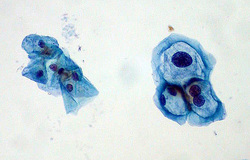
This is the most common STI seen in GUM clinics in the UK. It's highly infectious and highly off-putting. Not only do they kill your chances of pulling but they can lead to serious health concerns. The symptoms are easy enough to spot - small fleshy bumps or growths around your genitals either internally or externally. It's a strain of HPV which needs treating, usually by freezing, laser removal or surgery. Or you could just opt for cream but that's less interesting.
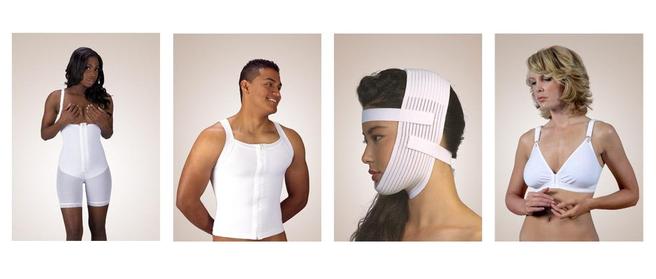
 RSS Feed
RSS Feed